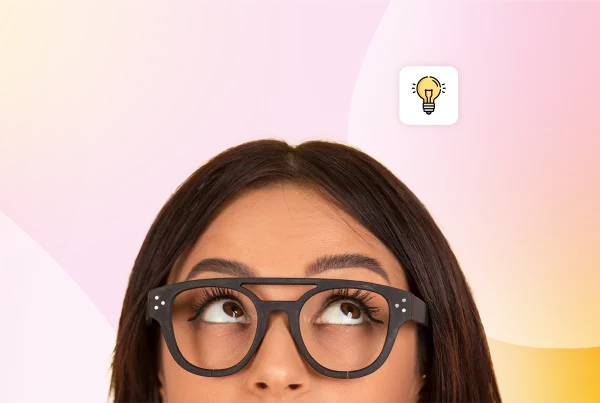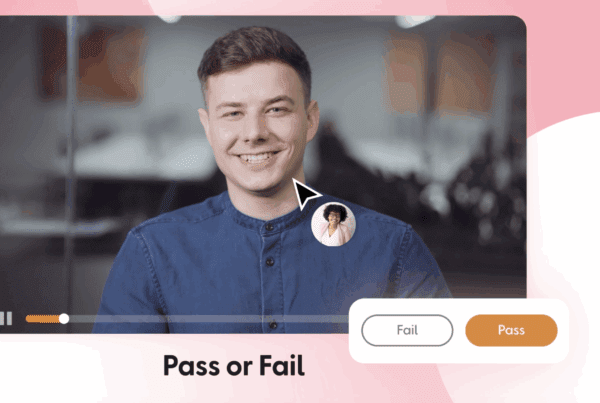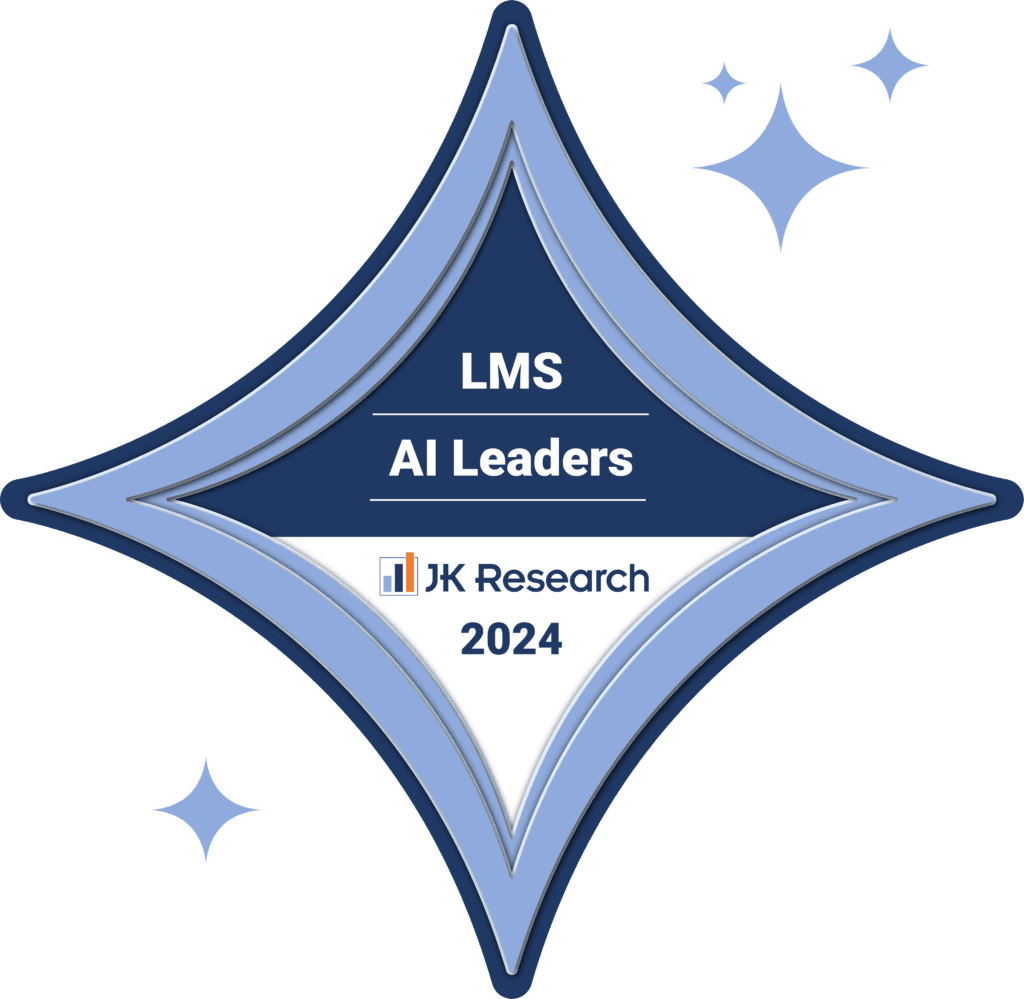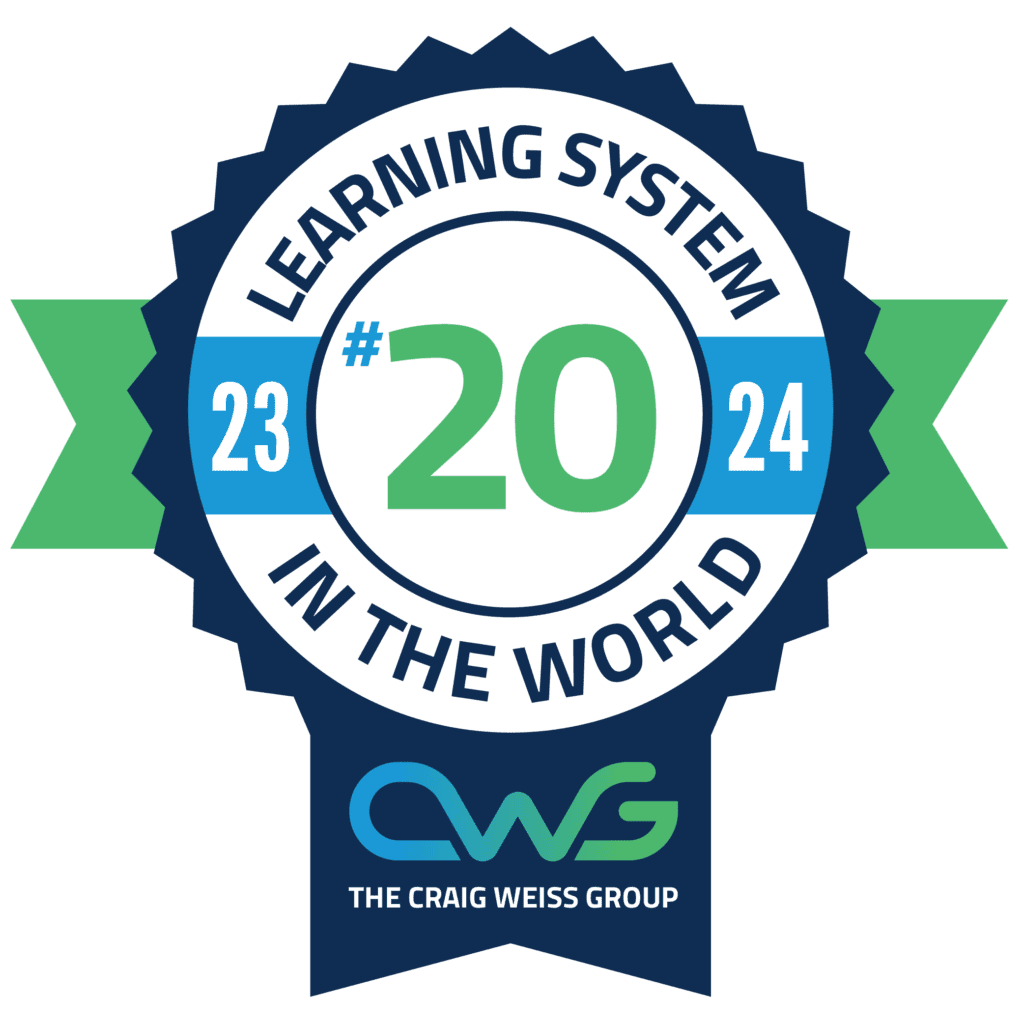Intelligent, intuitive, self-aware people build their careers and lives, around our zones of excellence.
An area of life in which we excel.
Become proficient. Are better than most. Can be effective. Add real value to an organisation.
These ‘zones’ have commonalities and individuation.
Some are rarer than others.
Many are even considered to be ‘unicorn’ skills. Elevated talents. Personal attributes that set one person apart from another. 🦄 🤔
Think Wim Hoff and his incredible ability to keep his body and mind in its optimal natural state through a combination of breathing, mindset, and tolerance to extreme cold or Ludwig van Beethoven who wrote his most famous symphony, No.9., sometimes known as The Ninth, after enduring a severe form of tinnitus. He was completely deaf by the age of forty. 😲
Now, of course, not everyone can submerge themselves in sub-zero water temperatures for long periods without developing hypothermia, and we’re going to go out on a limb to state that very, very, very few of us can compose one of the most eloquent symphonies in history without being able to hear a single note.
Yet, we all have hidden talents.
The key is to identify and master them. 🧐
This requires a significant investment of commitment, time, and effort.
Sure, talents can be innate for a lucky few.
But talent without practice and application is just talent.
Potential isn’t achieved without effort. It’s a process.
You start at the Zone of Incompetence and arrive at the Zone of Genius. Hopefully.
Let’s examine the Zone of Genius theory in a little more detail, analysing what it is, if everyone has one, how to find it, and why it’s important to workplace learning.👇
What is the Zone of Genius Theory?
First coined in his book, The Big Leap, Gay Hendricks outlines the stages to life mastery, categorising these as zones that define the varying states of genius.
This theory applies to everything in your life.
Every talent. Every skill. Every attribute.
It could be something as simple as learning to ride a bike or something as complex as biomedical engineering.
As your knowledge increases so too does your skill mastery, until you reach the pinnacle, the Zone of Genius. 🙂
The zone of genius is the intersection between your talents, passions, and strengths.
The more you learn, grow, and evolve, the better you become.
Commitment. Persistence. Diligence. Even positivity will propel anyone along the zones of theory until you reach the pinnacle, the Zone of Genius.
The Four Zones
The zones of aptitude are a framework.
One that’s used to identify areas where people can achieve the optimal level of contribution and fulfilment.
Peak performance and unwavering contentment.
Happiness, dedication, and even excitement in what you’re doing. 💪
To reach the Zone of Genius, you must first, learn, grow, evolve and progress along the three framework zones categorised by Gay Hendricks.
To simplify the journey, we’ve outlined a short definition and the characteristics of each.
1. The Zone of Incompetence
This is the first stage of your evolution when you perform tasks that you’re unfamiliar with, unskilled at, or skills in which others have greater proficiency.
Let’s face it, novices don’t really know what you’re doing most of the time! 😕
Zone of Incompetence Characteristics
- Lack of skill or proficiency
- Tasks are often frustrating and time-consuming
- Mistakes or poor outcomes are highly likely
- Any action requires much effort
Workplace Example of the Zone of Incompetence
Novice or inexperienced bookkeepers may struggle to balance a company’s ongoing financial prosperity.
Mistakes can be made. The solution?
Invest in learning and concentrate on boosting experience. 💷
2. The Zone of Competence
With sufficient learning and improved knowledge, a person evolves from the Zone of Incompetence to the Zone of Competence.
People at this stage in the learning journey can perform what’s tasked of them adequately.
But so too can many others. 📖
Zone of Competence Characteristics
- Tasks are completed efficiently and effectively
- Your duties may not necessarily stimulate or inspire you
- Other people have similar levels of skill proficiency
- You achieve average levels of satisfaction and results
Workplace Example of the Zone of Competence
Teachers who can effectively follow a lesson plan and grade students’ papers but are unable to provide valuable insight and context, or who aren’t especially enthusiastic about young adult learning fall into the Zone of Competence. 🙌
3. The Zone of Excellence
As learning and experience develop, you’ll inevitably become more than competent.
You’ll achieve expertise, capable of performing excellently across every assigned task.
You may find yourself as an authority on a subject or in a leadership role. This is when you enter the Zone of Excellence.
Zone of Excellence Characteristics
- High levels of skill and proficiency
- Performance recognition
- A sense of accomplishment and security
- Danger of becoming too comfortable, stifling further growth
Workplace Example of the Zone of Excellence
Experienced software developers, capable of tackling challenging coding projects and completing all work to the highest standard, whilst solving problems throughout the process with reasonable ease and efficiency have taken their place in the Zone of Excellence. 🖥️ 🖱️
4. Zone of Genius
The final stage of Gay Hendricks’ stages to life mastery is the Zone of Genius.
This stage is the apex of proficiency.
Competence, talent, and dedication meet proficiency, creativity, and potential.
In short, it’s when you can confidently declare that you’ve mastered what you’re doing.
Zone of Genius Characteristics
- Activities make you feel deeply satisfied and alive
- Demonstration of a high degree of unique talent and innate ability
- Work feels effortless, even exhilarating
- Mastery oftentimes leads to innovation and exceptional results
- Indicative of your purpose and true calling
Workplace Example of the Zone of Genius
Vastly experienced and supremely talented artists who can create deeply resonate artworks which stir emotions and reflect the subject matter, whilst making a larger comment about the world we live have arrived at the Zone of Genius.
They can do something that very few, if any other, people can. 🧑🎨 🎨 🖌️
Does Everyone Have a Zone of Genius?
In short, yes. But not in the way we traditionally define genius.
It would be wonderful to think that everyone has their own unique Zone of Genius. In the way that genius is described.
Something that they can do better than 99% of people, or, in the most striking of cases, every other living person in the world.
Something where passion collides with competence, creating a vivid, kaleidoscopic tapestry of a world-renowned expert.
However, life isn’t as simple as that.
Most of us will never be a Da Vinci or Mozart. A Shakespeare or Pele. A Stephen Hawking or Marie Cure.
But that doesn’t mean that we shouldn’t strive to optimise the talent, knowledge, and competence that we have. 🙋
The people who have optimised their own innate talents and acquired skills to evolve into the best version of themselves have developed their own Zone of Genius.
And that’s what’s most important.
Best of all? You can too. 🫵
When you know how. All it takes is a little time and self-appraisal.
How to Find Your Zone of Genius
How often do you ever sit down and think about what you’re good at?
What you’re passionate about?
How to become an unrivalled asset in the workplace and achieve optimal career satisfaction?
Fewer people than you might think do.
Most are too busy going about their day-to-day lives. 🤔 🧑💼 🚗 🏌️ 👶
But if you want to find your Zone of Genius this is precisely what you must do.
Below are the key actions that you must take to reach the zenith of your abilities: Genius.
✅ Conduct a Skills Inventory
Make a list of all your skills. Both hard and soft skills.
Hard skills are job-specific abilities, such as proficiency in Python, Java, or C++ programming languages.
Soft skills are your personal characteristics, such as leadership capabilities, communication skills, or mentoring abilities.
Ask yourself which of these skills come natural to you, gives you fulfilment, confidence, and even joy.
You could even try scoring them on a scale of 1-10 to really understand who you are and what you’d good at.
Just be sure to be honest with yourself! ❤️
✅ Identify Your Passions
We all have something that we’re passionate about.
This could be communicating with people. Sport. Helping businesses achieve their professional goals. Environmental conservation. ⚽
Once you’ve put together a list of your passions, consider how you could incorporate them into your day-to-day role.
For example, if you have a passion for communicating with people, you may want to invest more time on client-facing activities.
✅ Ask People
If we seldom think about what we’re good at, it can be difficult to identify our strengths. We can often take them for granted.
Pick up your phone to transfer money and there you go; you have a skill. Navigating your digital finance. 📱
One of the best ways to identify what you’re good at is to listen to other people’s feedback.
You could even ask other people what they think that you’re good at.
Try it, you might be surprised to learn the answers!
✅ Reflect on Past Successes
Think back to successful projects, tasks, or experiences where you performed admirably and felt a deep satisfaction and sense of accomplishment.
This may be how you oversaw interactions with a challenging customer, meeting deadlines despite immense pressure, and how you were able to organise your tasks to maximise efficiency. 🏆
Look for the common elements across all your successes and identify the soft and hard skills you employed to excel during that time.
✅ The Myers-Briggs Test
For a more in-depth, often illuminating personality audit, there’s nothing stopping you from taking a personality test.
The Myers-Briggs is the most accepted personality test.
You might even discover that you have a hidden talent for leadership, problem-solving, adaptability, critical thinking, and even emotional intelligence. 🙌
Why is the Zone of Genius Important to Workplace Learning?
Workplace learning is the cornerstone of sustained success.
Both for the individual and the organisation.
It’s how organisations of all descriptions deliver consistently high levels of service throughout their lifespan.
The more you know, the more you realise that you don’t know, as Aristotle famously wrote. And consequently, the more you must learn. 🎓
This is especially true in the workplace, where evolution is inevitable.
Products change. New processes must be developed. Innovative technologies, like Thirst’s AI L&D platform, are leveraged. New markets appear.
The Zone of Genius is a matrix to help people understand where their skills, talents, attributes, talents, and passions lie.
This is a vital tool for employers to maximise productivity, efficiency, expertise, and success. 📈
Remember, people who are happy, fulfilled, challenged, confident, and achieve that undeniable dopamine rush of success that comes with excelling are more likely to be productive, efficient, content, and loyal.
The goal of every workplace should be to help everyone achieve the potential they exhibited throughout the hiring process.
This is where learning comes in.
The Zone of Genius is essential to identifying potential and cultivating a strong, resilient, happy, efficient workplace for everyone.
The Zone of Genius: A Transformative Process
In his book, The Big Leap, Gay Hendrix was clear about his Zone of Genius philosophy.
People have within them the potential to be the best version of themselves.
All they need to do is find their own genius and work towards achieving it.
This is a transformative process for the individual. But it can also be a transformative process for any organisation that embraces Hendrix’s philosophy.
Just think of it this way, you have a commercial goal.
For simplicity, let’s say that you want to increase your annual revenue from £3 million to £5 million in three years.
How are you going to do it?
Invest in learning and development. Help everyone to maximise what they’re good at. Make everyone a genius.💡
This will transform your organisation. And Thirst can help you.
Interested in learning more about how Thirst can help everyone in your organisation to reach the Zone of Genius with the help of our AI-fuelled learning experience platform? Contact us today.
Got 2 Minutes?
If your organisation is suffering as a result of disengaged learners, then Thirst can help. 🔥
As an AI-powered learning platform, Thirst is empowering L&D teams big and small to level up learner engagement and create learning experiences designed for the modern learner.
Take the guided tour today and see Thirst in action.
For more e-learning insights, resources and information, discover the Thirst blog.
You may also enjoy:
The Ultimate Employee Offboarding Checklist [+Free Template] | Learner Engagement: What it is and Tips to Improve it | 10 Ways to Improve Knowledge Retention in the Workplace







